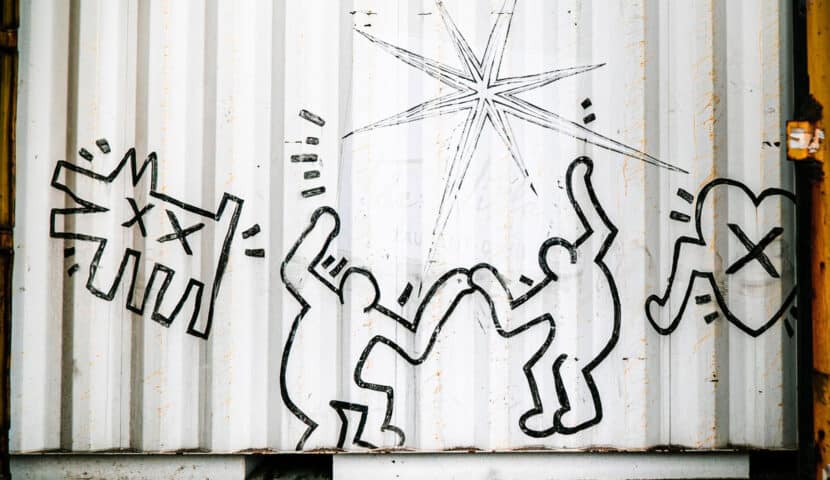The politics of hope
Anat Shalem | 22.11.2020 | Photo: Michal Givoni

A sneak peek at issue 53 of Theory and Criticism that is about to come out in December: Michal Givoni’s article “Dashed Hopes – The Emotional Politics of the Return to the Future,” now in early publication.
The protests that erupted in the summer of 2020 and continue to this day, which appeared at first as a scattered and eclectic burst of civil resistance, have coagulated behind a single political demand. The slogans that accompany them, “They Are Despair, We Are Hope,” “An Entire Generation Demands a Future,” “Good Night Despair, Good Morning Hope” – identify hope as the main political asset at the center of the fight against the Netanyahu regime, and as its clearest message. The struggle over hope, that culminated in these protests, seems like the obvious response to the feeling of being stuck; the feeling of paralysis and despair that have overcome the political left and center in Israel in recent years. But can the politics of hope live up to its promise of extracting us from the impasse?
Givoni analyzes the politics of hope in Israel through the current protest against the Netanyahu government, a protest that seeks to inspire hope, on the one hand, and Rona Kenan’s album “Orange Time,” about the absence of hope, on the other. The article portrays a life in which both hope and despair are feelings we do not feel, and points to the need to develop other emotional attitudes towards the future that break through the paralyzing contrast between them.
After the previous issue of Theory and Criticism dealt with the New Right, this initial article from the upcoming issue can be seen as turning attention from the right to the center left, and examining the processes occurring on this side of the political map.
For further reading on social protests, see the forum in issue 41 of Theory and Criticism on the social protest of 2011.
Another discussion of the role of hope in Israeli society can be found in Ofer Shiff’s essay in Theory and Criticism 42 – "To will the Impossible: Three critical American Jewish views of Israel."




